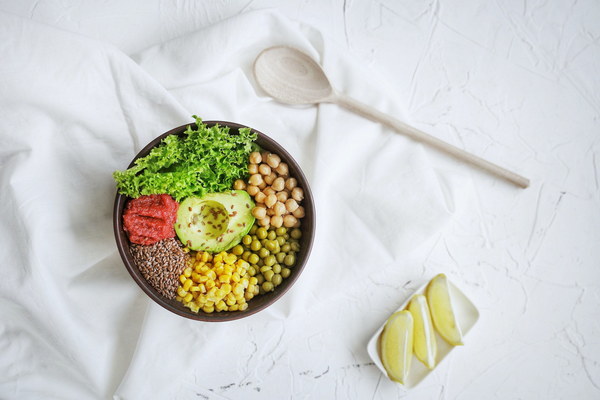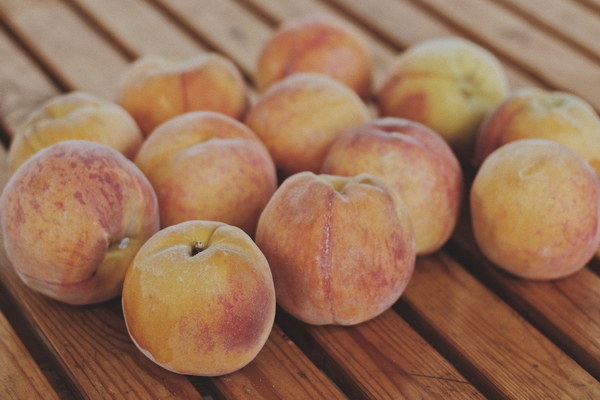Nourish Your Liver and Kidneys The Art of Enjoying Lychees the Right Way
In the realm of traditional Chinese medicine, the lychee, or litchi, is not just a delicious fruit; it's considered a natural elixir for enhancing liver and kidney health. This juicy gem, with its sweet and slightly sour taste, has been cherished for its potential benefits in balancing the body's internal energies. Here's how to enjoy lychees in a way that supports your liver and kidneys.
Understanding the Benefits of Lychees for Liver and Kidneys
Lychees are rich in vitamins C, B1, B2, and B6, as well as minerals like potassium and magnesium. These nutrients play a crucial role in maintaining the health of the liver and kidneys. Here's how:
- Vitamin C: A powerful antioxidant that helps protect the liver from oxidative stress and supports its detoxifying functions.
- Potassium: Essential for maintaining fluid balance in the kidneys and helping to filter waste from the blood.
- Magnesium: Contributes to the regulation of blood pressure, which is important for kidney health.
The Best Ways to Eat Lychees for Liver and Kidney Health
1. Fresh and Raw: The most natural way to consume lychees is to eat them fresh and raw. This allows you to reap the full benefits of their nutrients without any additional processing.
2. Lychee Smoothie: Blend fresh lychees with other fruits and vegetables high in antioxidants, like berries or spinach, to create a refreshing smoothie. This can be a great way to increase your daily intake of vitamins and minerals.
3. Lychee Tea: Infuse hot water with dried lychee fruit to make a soothing tea. This tea can be enjoyed as a warm beverage, and it's believed to help with digestion and improve liver function.
4. Lychee Paste: Make a paste by simmering lychees with a bit of sugar. This can be spread on toast or used as a topping for desserts, offering a sweet treat that's also good for your liver and kidneys.
5. Lychee Soup: Incorporate lychees into a soup recipe, which can be a comforting meal and a way to enjoy the fruit's benefits in a more substantial dish.
When and How Much to Eat
- Timing: It's best to eat lychees in moderation, especially for those with sensitive stomachs. They should be enjoyed early in the day or after a meal to avoid any potential stomach discomfort.
- Quantity: A small handful of lychees, or about 10-15 fruits, is typically recommended as a serving size for most individuals. However, the exact amount may vary depending on individual health conditions and dietary needs.
Precautions and Contraindications
While lychees are generally safe for most people, there are a few precautions to keep in mind:

- Diabetics: The high sugar content in lychees should be taken into account, and consumption should be monitored.
- Digestive Issues: Individuals with sensitive stomachs or digestive disorders may want to avoid eating lychees on an empty stomach.
- Allergies: Some people may be allergic to lychees, so it's important to be aware of any adverse reactions.
In conclusion, lychees are a delightful and healthful treat that can contribute to liver and kidney health when consumed in the right way. By understanding the benefits of lychees and incorporating them into your diet wisely, you can enjoy this exotic fruit while nurturing your internal organs. Remember to listen to your body and adjust your consumption accordingly.









